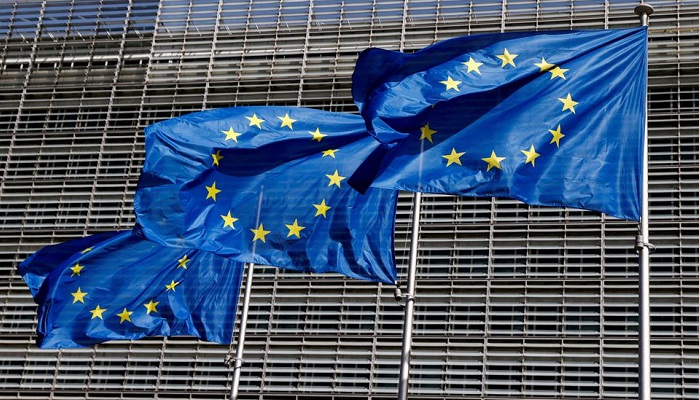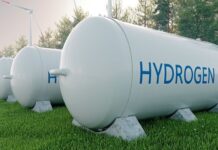To speed up the deployment of renewable power in the wake of the energy crisis and the ripple effects of Russia’s invasion of Ukraine, the European Commission on November 8th suggested a temporary emergency regulation.
The idea, which is expected to endure for a year, will cut administrative red tape surrounding licencing and installation, enabling sources of renewable energy to be quickly put into operation. It draws attention to certain technologies and project types that have the greatest potential for rapid implementation and the least adverse environmental effects.
According to the proposal, the permitting period for solar PV installed on man-made structures such as buildings, parking lots, transportation infrastructure, and sheds as well as co-located storage systems and grid connections, will not exceed one month. The regulations will also exempt solar farms with a capacity under 50 kW as well as these types of installations from specific environmental inspections, using the concept of positive administrative silence.
As part of the measures, solar, heat pumps, and clean energy plants will be given the benefit of decreased evaluation and regulation when they have adhered to necessary mitigation strategies and conducted proper monitoring to determine their performance. The EU is accelerating the deployment of renewable energy, and this year, a record-breaking 50 GW of new capacity is anticipated. But they need to move much more quickly if they want to adequately meet high energy prices, guarantee energy independence, and meet climate goals, according to EU Energy Commissioner Kadri Simson.
After the EU increased its solar ambitions to 740 GWdc by 2030 as part of the REPowerEU programme published in March, this emergency request was made. The EU is on course to install 40 GW of solar PV by the end of the year, but the Commission has stated that in order to meet the 2030 target, deployments must increase by another 50% to 60 GW annually.
According to the Commission, this plan is not meant to increase overall solar deployment over the long run; rather, it is meant to speed up additions in the short term to clear up procedural snags and free up more of Europe from the use of Russian gas as weapons. Renewable energy is a triple win for Europeans: it is less expensive to produce, healthier for the world, and free of Russian manipulation, said Frans Timmermans, executive vice president for the European Green Deal. This idea is an additional step toward accelerating the sustainable transition and addressing the energy crisis brought on by Russia’s conflict in Ukraine.
By establishing a maximum six-month permitting window and streamlining the grid connection process in situations where the additional power does not exceed a 15% increase over the initial project, the proposal will help hasten the repowering of renewable energy facilities.
The REpowerEU programme received an additional €30 billion (US$29.7 billion) in loans and equity financing from the European Investment Bank last week. Since the Russian invasion, the bloc has been steadily developing and strengthening its energy security.









































